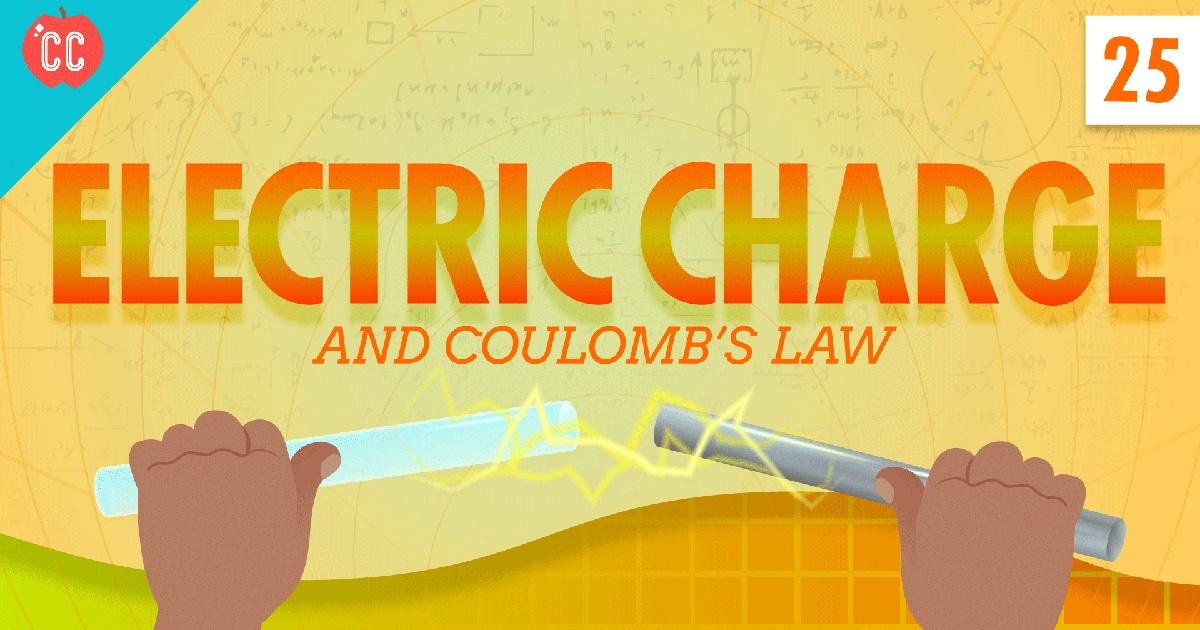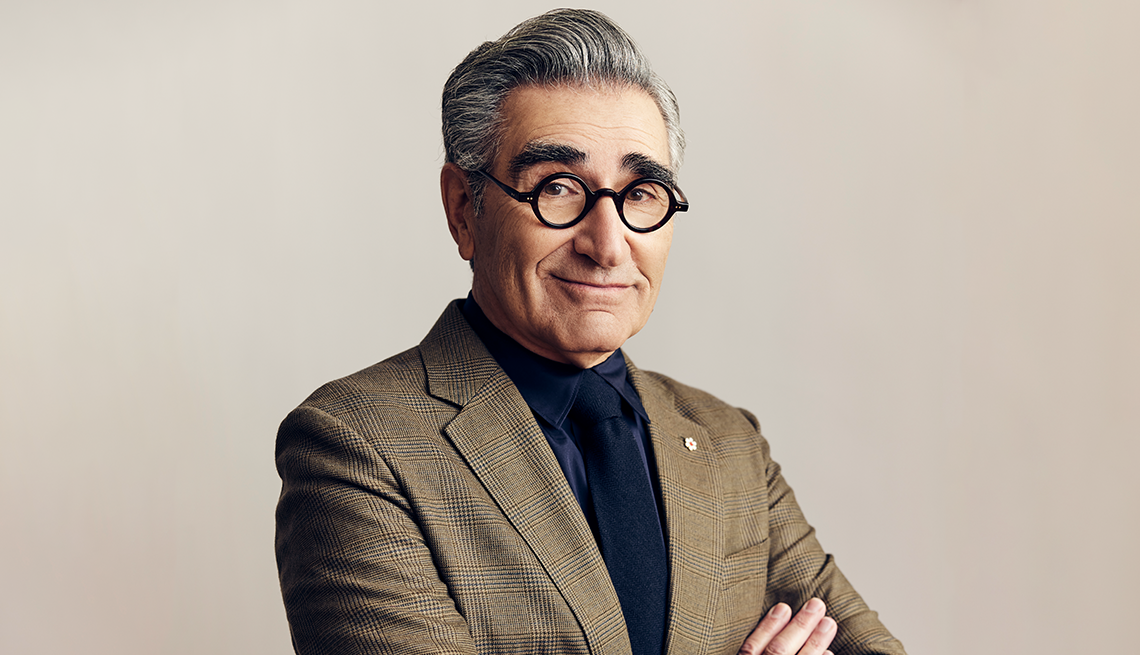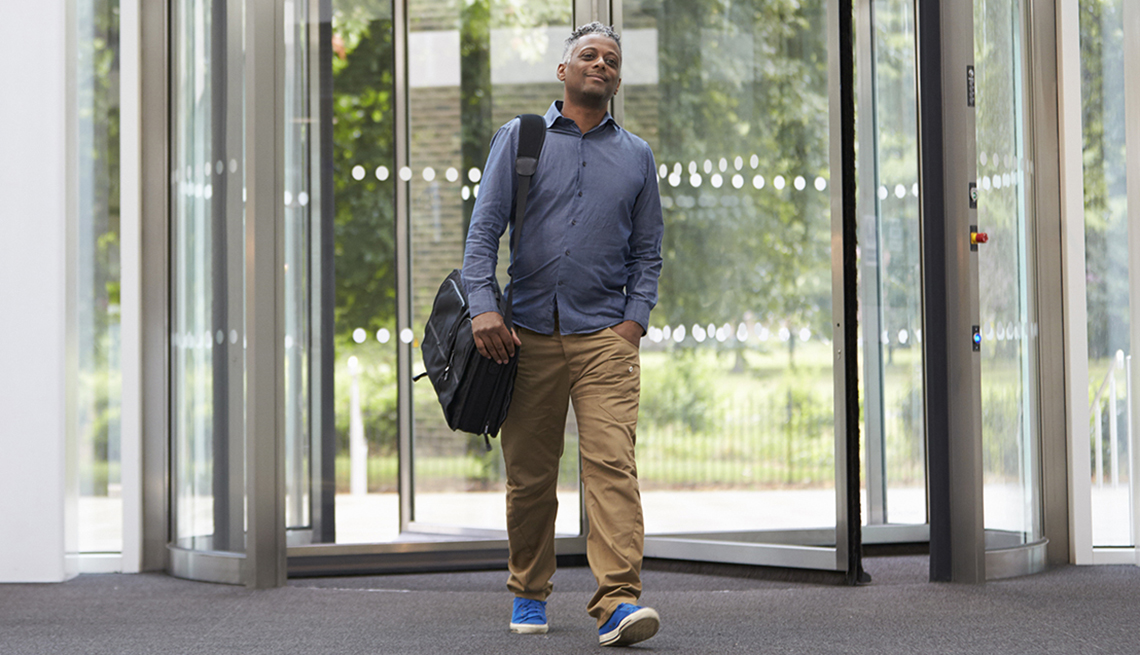
- Select a language for the TTS:
- UK English Female
- UK English Male
- US English Female
- US English Male
- Australian Female
- Australian Male
- Language selected: (auto detect) - EN
Play all audios:
Almost everyone experiences some hearing loss as they age. But many older adults may not realize that their day-to-day activities could be further damaging their hearing, experts say. About
one in five adults ages 20 to 69 has suffered permanent damage to their hearing from exposure to loud noise, according to a Centers for Disease Control and Prevention (CDC) analysis. About
53 percent of those reported no job-related noise exposure, meaning they damaged their hearing doing things at home or in the community, like using a leaf blower or going to concerts. Loud
noise destroys the tiny hair cells in your inner ear, and they don't regenerate, says Debara Tucci, director of the National Institute on Deafness and Other Communication Disorders.
“The louder the sound, the less time it takes to damage your hearing,” she says. An explosive noise, such as a gunshot or firecracker, can cause immediate, irreversible hearing impairment,
but repeated exposure to moderately loud sounds can also cause noise-induced hearing loss. About one in three people ages 65 to 74 has hearing loss, and nearly half of those over age 75 have
difficulty hearing, according to the National Institute on Aging. At least some of that age-related hearing loss is likely due to noise damage accumulated over a lifetime, says Erika
Woodson, section head of otology, neurotology and lateral skullbase surgery, and medical director for the hearing implant program at the Cleveland Clinic. Other factors also affect your
hearing as you age, including genetics and changes to the inner ear and along the nerve pathways from the ear to the brain. "The best thing you can do to prevent [your hearing] from
getting worse is to avoid exposure to excess noise,” Woodson says. EARLY SIGNS Noise-induced hearing loss first affects how well you hear high-frequency sounds — in the 4,000 Hz range — such
as the beep of your microwave or your car blinker. If the damage continues, it will start to become more difficult to understand speech, especially in places where there's background
noise, like in a restaurant. Detecting high-pitched consonants such as “s,” “f,” “g,” “t” and “z” can be particularly difficult for those with noise-induced hearing loss, says Robert
Sataloff, chair of the Department of Otolaryngology–Head & Neck Surgery and senior associate dean for clinical academic specialties at the Drexel University College of Medicine. “The low
frequencies that hear vowels are usually preserved,” he says, “but they can't tell if someone said ‘yes’ or ‘get.’ “ Many people with noise-related hearing loss also experience ringing
in their ears, called tinnitus. Of course, your ears also have a way of signaling danger. If you come out of a concert or sporting event and it feels like your ears are full of cotton or
you have some ringing in your ear, that's noise damage, Woodson says.







